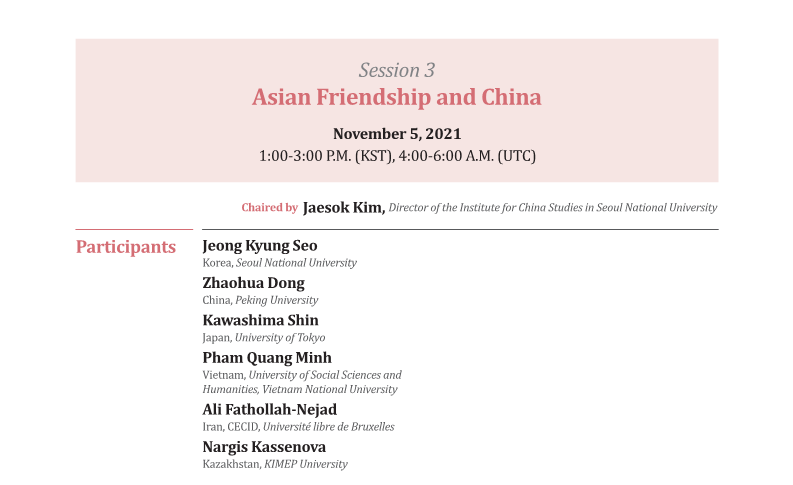
Session 3 focuses on a constructive guidance for peace and coexistence in Asia
- What do Asian countries and China think about each other?
- What obstacles exist in forming robust friendly relations in Asia?
- How can China build friendly relations in the region, according to other Asian countries?
Chairperson
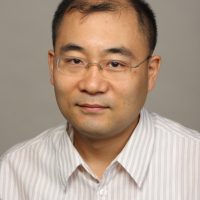
Jae Sok Kim / The Institute for China Studies in Seoul National University, Director / Korea
Jaeseok Kim is an associate professor at the Department of Anthropology at Seoul National University, and currently also serves as a research scholar at the Study of Contemporary China at the University of Pennsylvania. He received his Ph.D. in Anthropology, Arts and Sciences from Harvard University. His research addresses three sets of themes: 1) Globalization, Multinational Corporations, and Labor-Management Relation; 2) Domestic and Transnational Migration, Ethnicity, and Nationalism; and, 3) Post-Socialism, Public Morality, and Governance. His research explores how these themes are expressed through various domestic and transnational connections, especially the movements of capital, corporations, and people between the two countries. He analyzes historical and contemporary processes of global capitalism by looking into the changing power dynamics among multinational corporations, local labor, and local government officials in China. His research also illuminates the relationships among evolving structure of domestic and transnational job markets, formations of “new” class and ethnic consciousness, and transformations of family and local communities in China.
Participants
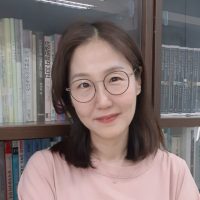
Jeong Kyung Seo / SNUAC, Academic Research Professor / Korea
Dr. Jeong Kyung Seo is an academic research professor at Seoul National University Asia Center(SNUAC) and a research fellow at SNUAC Northeast Asia Center. She was a research professor at the Institute of East and West Studies(Yonsei University) and Sungkyun Institute for China Studies (SungKyunKwan University). She served as a committee member for the Presidential Committee on Northern Economic Cooperation, South Korea in 2019. She is interested in China’s rise and its social & structural impact on the international order. Her book(co-edit), Digest on Belt & Road Initiatives(2016) was awarded the Sejong Prize in 2016. She is now an editorial member of the web journal “Diversity+ Asia” at SNUAC, and in charge of publishing China Perspective(webzine) of SNUAC Northeast Center . Her current research focuses on China’s policy on global health governance, U.S.-China relations and peace of the Korean peninsula, and Populism in East Asia. Her recent study is The Shift of development model for China and U.S.-China rivalry (Seoul: Myung In Publishing company, 2020, co-authorship).
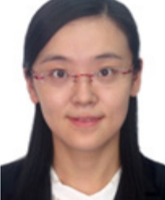
Zhaohua Dong / Peking University, Associate Professor / China
Dr. Dong Zhaohua is Associate Professor of Department of International Political Economy, Associate dean of School of International Studies, Peking University. Her research interest lies in the Political Economy of Globalization, with the focus on domestic politics and global economic governance. Her recent publications include “Globalization, National Government and Social Governance,” in Iida Taiso and Li Xiaodong eds., China and Japan in Transition, Tokyo: Kokusai Shoin (2012) and “The Strategic Implications of Japan’s Restoration of Gold Standard,” The Journal of Japanese Studies, No.4 (2013). Dr. Dong is currently working on two ongoing projects, one is on Nonstate Actors in Global Governance, the other is on National Industrial Strategy and Currency Politics. Dr. Dong received her BA from Peking University, and Ph.D. in International Relations from both Waseda University and Peking University.
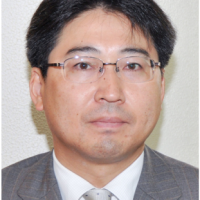
Kawashima Shin / University of Tokyo, Professor / Japan
Shin Kawashima is a professor of the Department of International Relations, the Graduate School of Arts & Sciences, the University of Tokyo. He was educated at the Tokyo University of Foreign Studies (B.A.1992) and the University of Tokyo (Oriental history, M.A., 1994 and Ph. D, 2000). He is also a senior researcher of Nakasone Peace Institute, a Senior Fellow of National Security Agency, an associate member of Science Council of Japan, and advisory member of the Committee for the Promotion of the Declassification of Diplomatic Records, Ministry Foreign Affairs. He was engaged in education and research at Institute of Modern History, Academia Sinica (Taipei), Beijing Center for Japanese Studies, Peking University, and Woodrow Wilson International Center for Scholars. He has studied Chinese/Taiwanese diplomatic history based on Chinese diplomatic archives and recently started a study on contemporary international relations in East Asia. His first book, Formation of Chinese Modern Diplomacy (2004), was awarded the Suntory Academic Prize in 2004. He, among others, authored Groping for A Modern State: 1894-1925 (2010), and China in the 21st Century (2016), Frontier of China (2017), and co-authored Japan-China Relations in the Modern Era (2017) and so on.
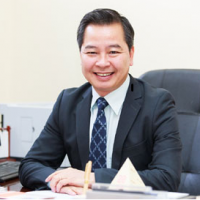
Pham Quang Minh / Vietnam National University, Professor / Vietnam
Pham Quang Minh is a Professor of History and Politics, and Chair of the Department of International Development Studies at the University of Social Sciences and Humanities (USSH), Vietnam National University-Hanoi. He received his Ph.D in Southeast Asian Studies from Humboldt University in Berlin, Germany in 2002. He was visiting professor at Pomona College (California), SciencePo (France), Waseda University (Japan), Chulalongkorn University (Thailand), among others. His main teaching and research interests, among other things, are world politics, international relations of Asia-Pacific, and Vietnam’s foreign policy. His publications have appeared in Journal International Relations of the Asia-Pacific (Oxford University Press), Journal of Vietnamese Studies (The University of California Press), Asia Europe Journal, Asia-Pacific Review, H-Diplo, and East Asia Forum. He has edited Critical Reflections on China’s Belt & Road Initiative (Springer, 2020) and his other recent publications include “The Meaning of ASEAN in the Regional Security Architecture” (2016) and “The South China Sea security problem: towards regional cooperation” (2010).

Ali Fathollah-Nejad / CECID (Centre d’études de la Coopération Internationale et du développement), Université libre de Bruxelles, Researcher / Iran
Dr. Ali Fathollah-Nejad is a German–Iranian political scientist with a focus on Iran, the Middle East, the post-unipolar world order, and right-wing populism in Europe. He is the author of the much-acclaimed Iran in an Emerging New World Order: From Ahmadinejad to Rouhani (2021). Based in Berlin, he is an affiliated researcher with Centre d’Études de la Coopération Internationale et du Développement (CECID) at Université libre de Bruxelles (ULB), Freie Universität (FU) Berlin’s Center for Middle Eastern and North African Politics, and the Afro–Middle East Centre (AMEC), South Africa’s think-tank specialized on the Middle East. Ali holds a Ph.D. in International Relations from the Department of Development Studies at SOAS (School of Oriental and African Studies) University of London and was a post-doctoral Associate with the Harvard Kennedy School’s Iran Project. His recent publications include two monographs: “The Islamic Republic of Iran Four Decades On: The 2017/18 Protests Amid a Triple Crisis” (2020) and “The Politics of Culture in Times of Rapprochement: European Cultural and Academic Exchange with Iran (2015–16)” (2020). He previously held the post of senior lecturer at the University of Tübingen.

Nargis Kassenova / KIMEP University, Associate professor / Kazakhstan
Nargis Kassenova is an associate professor at the Department of International Relations and Regional Studies at KIMEP University, and currently serves as a senior fellow in the Program on Central Asia, Davis Center for Russian and Eurasian Studies at Harvard University. She holds a Ph.D. in International Cooperation Studies from Nagoya University. She is a member of the Editorial Board of Central Asian Affairs journal and Central Asian Survey journal (Taylor and Francis), and serves as a member of the Advisory Board of UN High-Level Advisory Board for Social and Economic Affairs. Her recent publications include “China-Central Asia Relations: Re-learning to Live Next to the Giant” in R. Isaacs and E. Marat (eds.) Routledge Handbook of Contemporary Central Asia, 2021; “Religious Pluralism and State Paternalism in Kazakhstan,” co-authored with Roman Podoprigora, (2020), “Kazakhstan’s Adaptation to the Belt and Road Initiative: Tracing Changes in Domestic Governance” in M.A. Carrai, J-C Defraigne and J. Wouters (eds.) The Belt and Road Initiative and Global Governance (2020), and “Relations with Russia and China” in Kazakhstan: Tested by Transition, Chatham House: The Royal Institute of International Affairs (2019).
